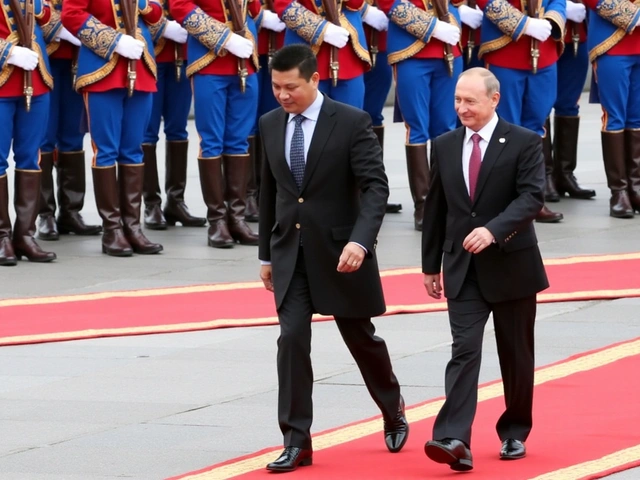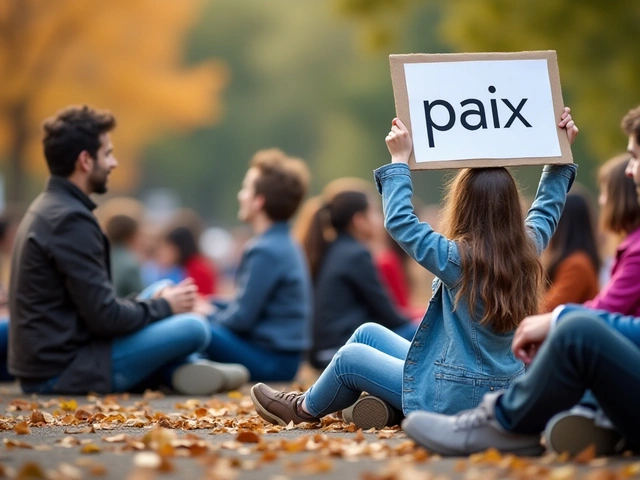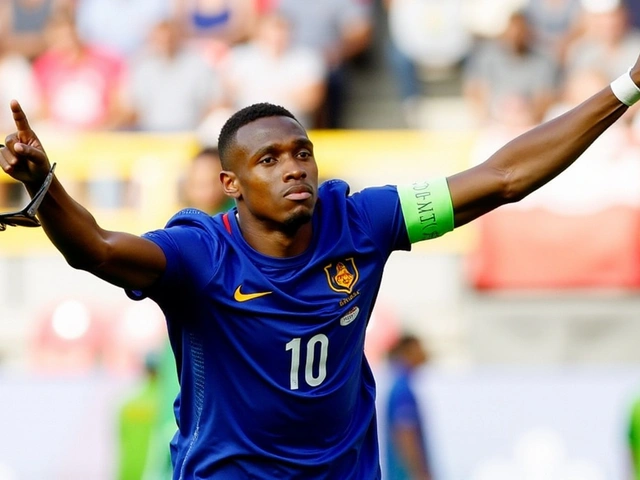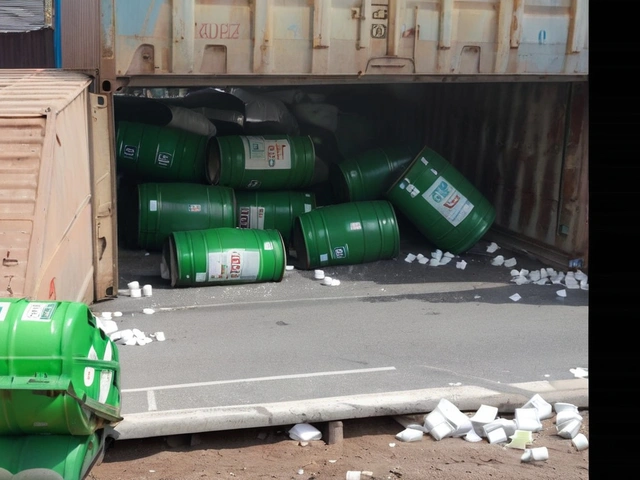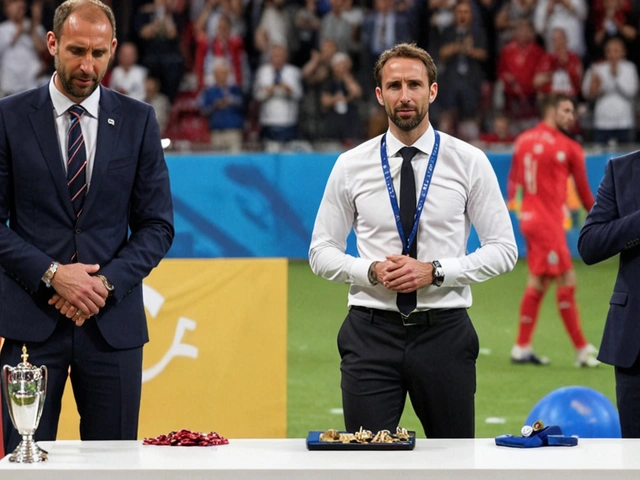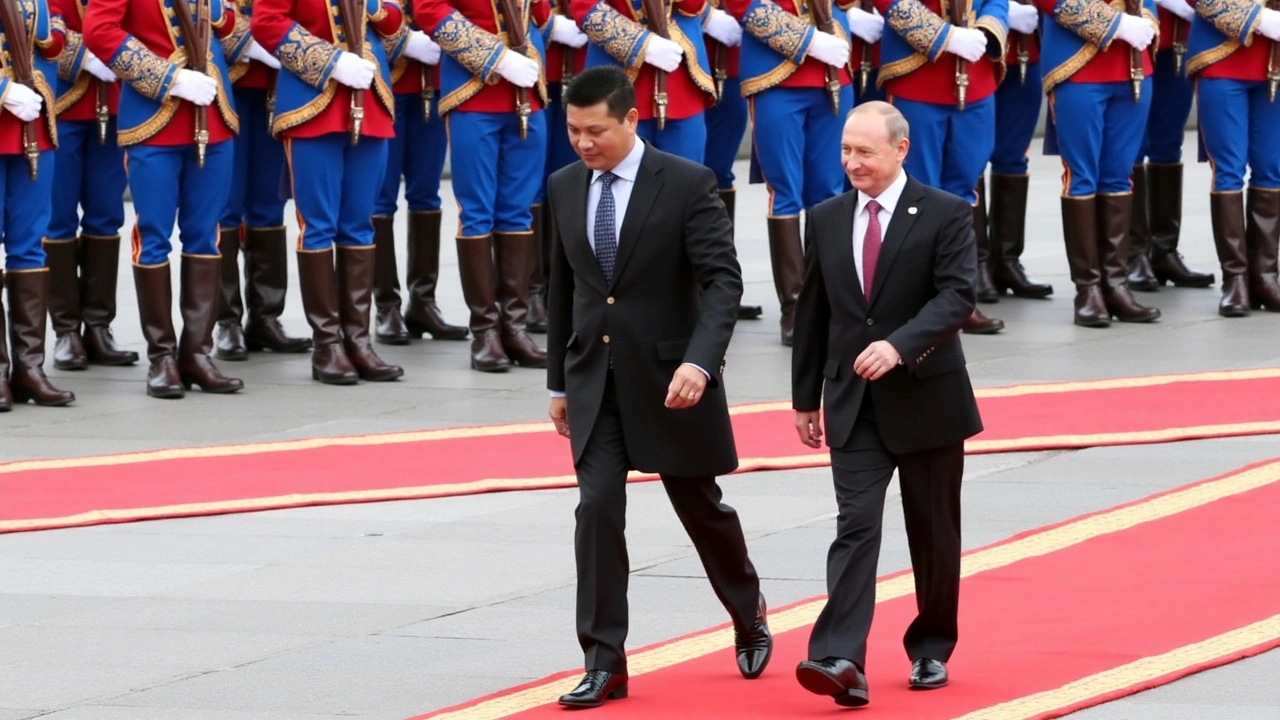
Vladimir Putin's Controversial Mongolia Visit Amid Calls for Arrest
Introduction: Putin's Contentious Arrival
President Vladimir Putin of Russia has touched down in Mongolia, receiving a grand welcome despite the looming shadow of an International Criminal Court (ICC) arrest warrant. This visit comes as a significant event, given the ongoing calls from various international figures and organizations for his arrest, based on alleged war crimes connected to the Ukraine conflict. The presence of Putin in a country that is a member of the ICC raises numerous questions about international diplomacy, the rule of law, and geopolitical maneuvering.
The ICC Warrant
In March 2023, the ICC issued an arrest warrant for Putin, accusing him of the unlawful deportation and transfer of children from occupied areas of Ukraine to Russia. The accusations fall under the Rome Statute, which Mongolia ratified in 2003. This statute obligates member states to adhere to its rulings and warrants, making Mongolia a critical player in this scenario. The case against Putin has drawn significant attention, intensifying the debate over the influence and power of international legal bodies.
Mongolia's Red Carpet Welcome
Contrary to expectations set by its ICC membership, Mongolia greeted Putin with full honors at Ulan Bator's international airport. An honor guard and a red carpet were laid out for the Russian President. This welcome was symbolic not only of Mongolia's historical ties with Russia but also of the current geopolitical landscape. The event marks the 85th anniversary of the Soviet and Mongolian victory over Japanese forces in 1939 at Khalkhin Gol, a significant milestone in shared history. Such ceremonies highlight the complex relationship Mongolia shares with Russia, balancing between historical allegiances and modern legal obligations.
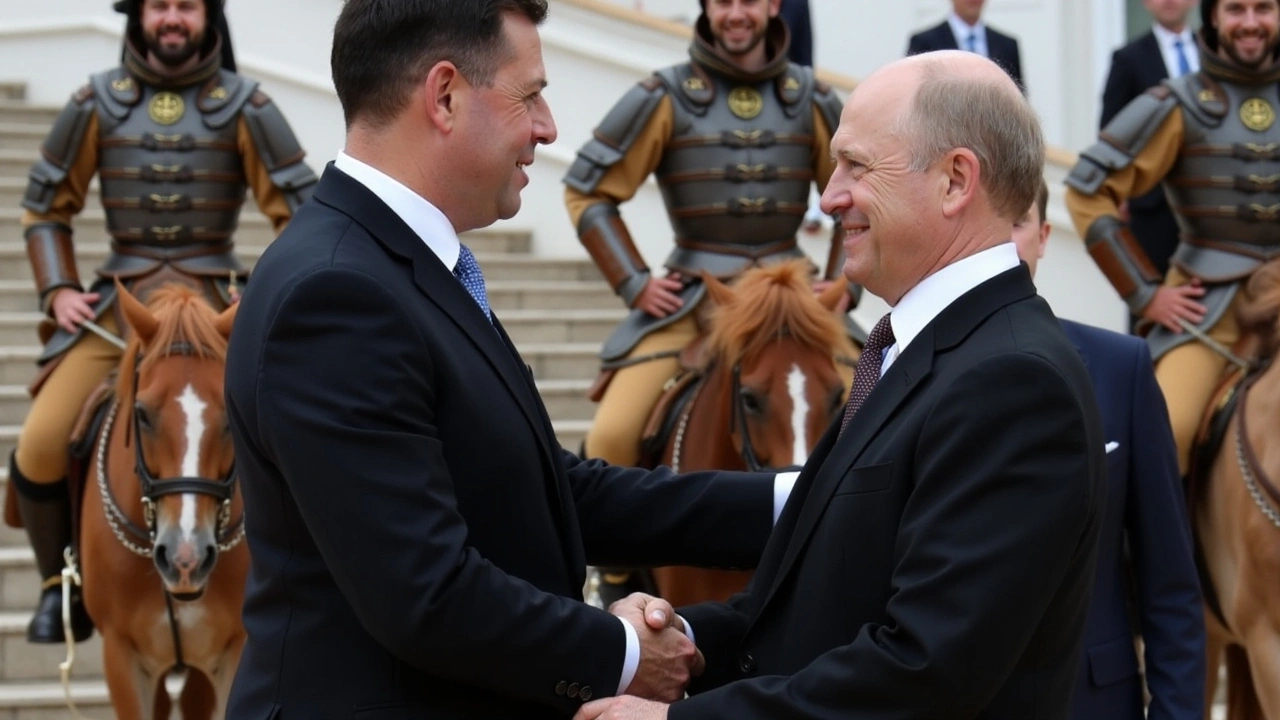
International Reactions and Calls for Arrest
Russian opposition activist Vladimir Kara-Murza and Human Rights Watch (HRW) have been vocal in urging Mongolian authorities to fulfill their legal obligations by arresting Putin. Kara-Murza has emphasized Mongolia's duty under the Rome Statute, stressing the breach of international law if Mongolia fails to act. HRW's Maria Elena Vignoli also remarked on the defiance of international obligations by allowing Putin's visit without arrest. These perspectives underscore the moral and legal pressures Mongolia faces, juxtaposed against a backdrop of realpolitik.
Kremlin's Response and Mongolia's Stance
The Kremlin appears unconcerned about the potential legal ramifications of Putin's visit, highlighting the 'wonderful dialogue' with Mongolia. Russia's relationship with Mongolia has historically been strong, with economic, cultural, and political exchanges. This cozy rapport perhaps explains Mongolia's reluctance to act on the ICC warrant. Meanwhile, Mongolian officials have shown no indication that they intend to arrest Putin, focusing instead on ceremonial honors.
Implications of the Visit
Putin's visit to Mongolia has multiple dimensions. It tests Mongolia's commitment to international law, particularly its obligations under the Rome Statute. Furthermore, it highlights the limitations of the ICC in enforcing its warrants, given its reliance on member states for enforcement. Ukraine's foreign ministry has also called on Mongolia to act, underscoring the broader geopolitical stakes. This visit is the first of its kind since the warrant was issued, marking a particularly conspicuous instance of Mongolia's diplomatic choices.
Historical Context and Commemorations
The timing of the visit, coinciding with the 85th anniversary of the Soviet and Mongolian troops' victory over Japan at Khalkhin Gol, is significant. This battle holds considerable historical importance, symbolizing a moment of unity and strength between the Soviet Union and Mongolia. Such events often serve as backdrops for contemporary diplomatic maneuvering, providing nations with opportunities to reinforce historical ties while navigating current political intricacies.
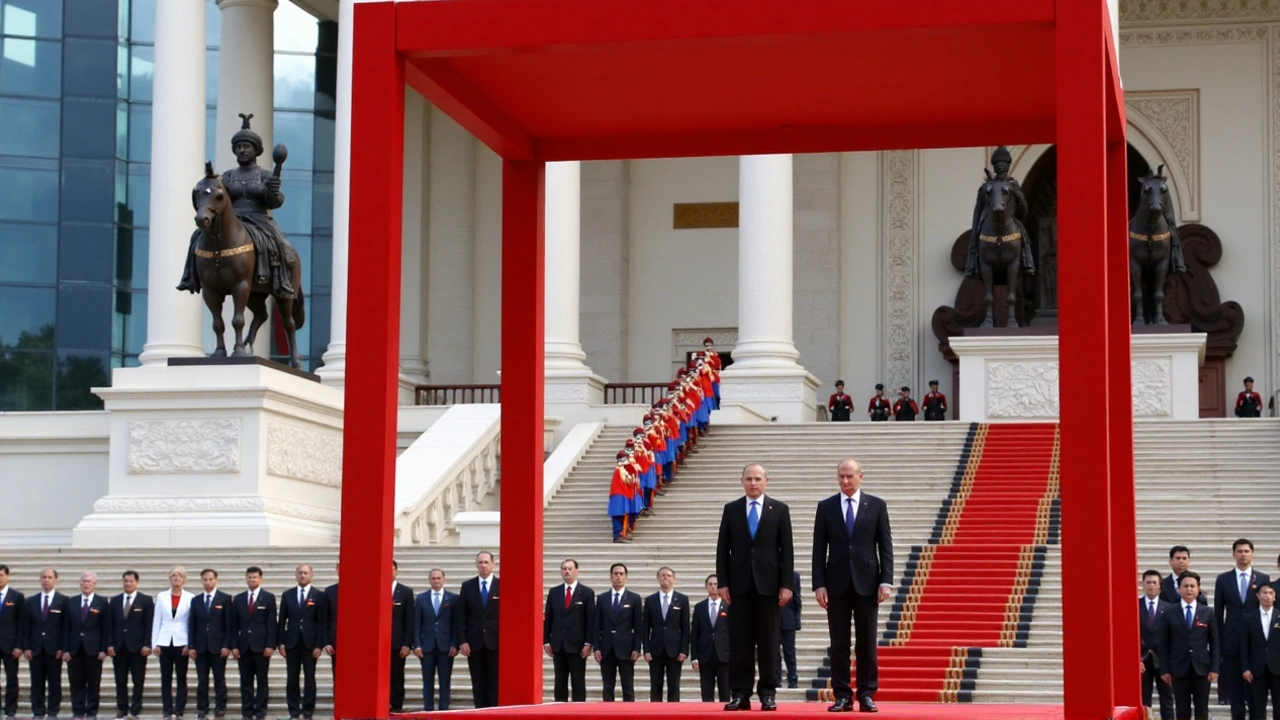
Legal and Diplomatic Repercussions
Mongolia's decision to welcome Putin without addressing the ICC warrant has potential repercussions. On the one hand, it may strengthen bilateral ties with Russia, ensuring economic and political support. On the other hand, it risks Mongolia's international reputation and relationships with other ICC member states. Judge Erdenebalsuren Damdin of Mongolia's election to the ICC in December 2023 adds another layer to this intricate situation, as it places Mongolia in a heightened position of responsibility.
Conclusion
The visit of Vladimir Putin to Mongolia, under the circumstances of an ICC arrest warrant, poses several critical questions about international law, diplomacy, and geopolitical strategy. Mongolia's response, characterized by ceremonial honors rather than legal action, mirrors the broader challenges faced by international institutions in enforcing legal standards against powerful political figures. As the world watches, this event will likely serve as a case study in the interplay between historical alliances, modern legal obligations, and the enduring complexities of global diplomacy.

